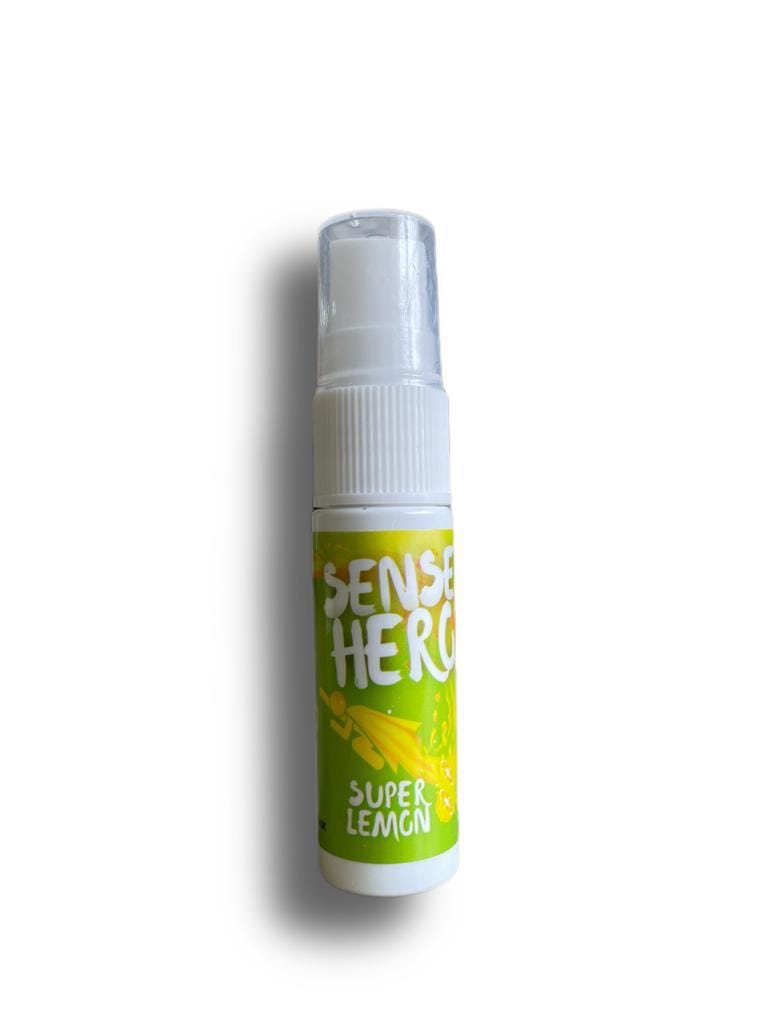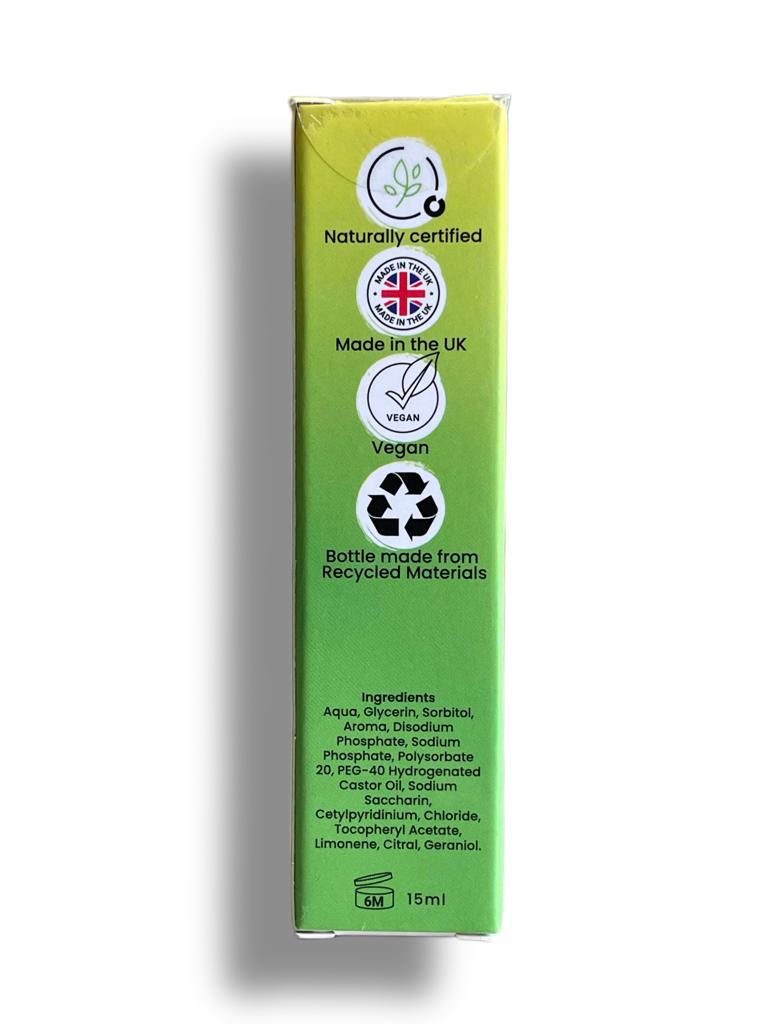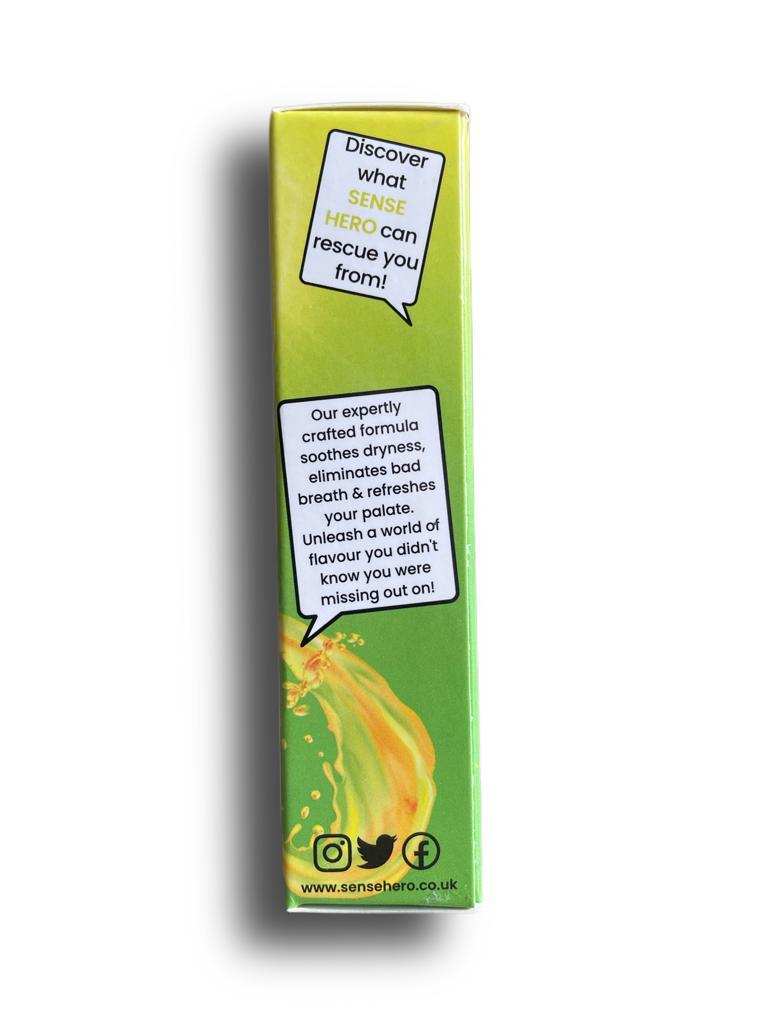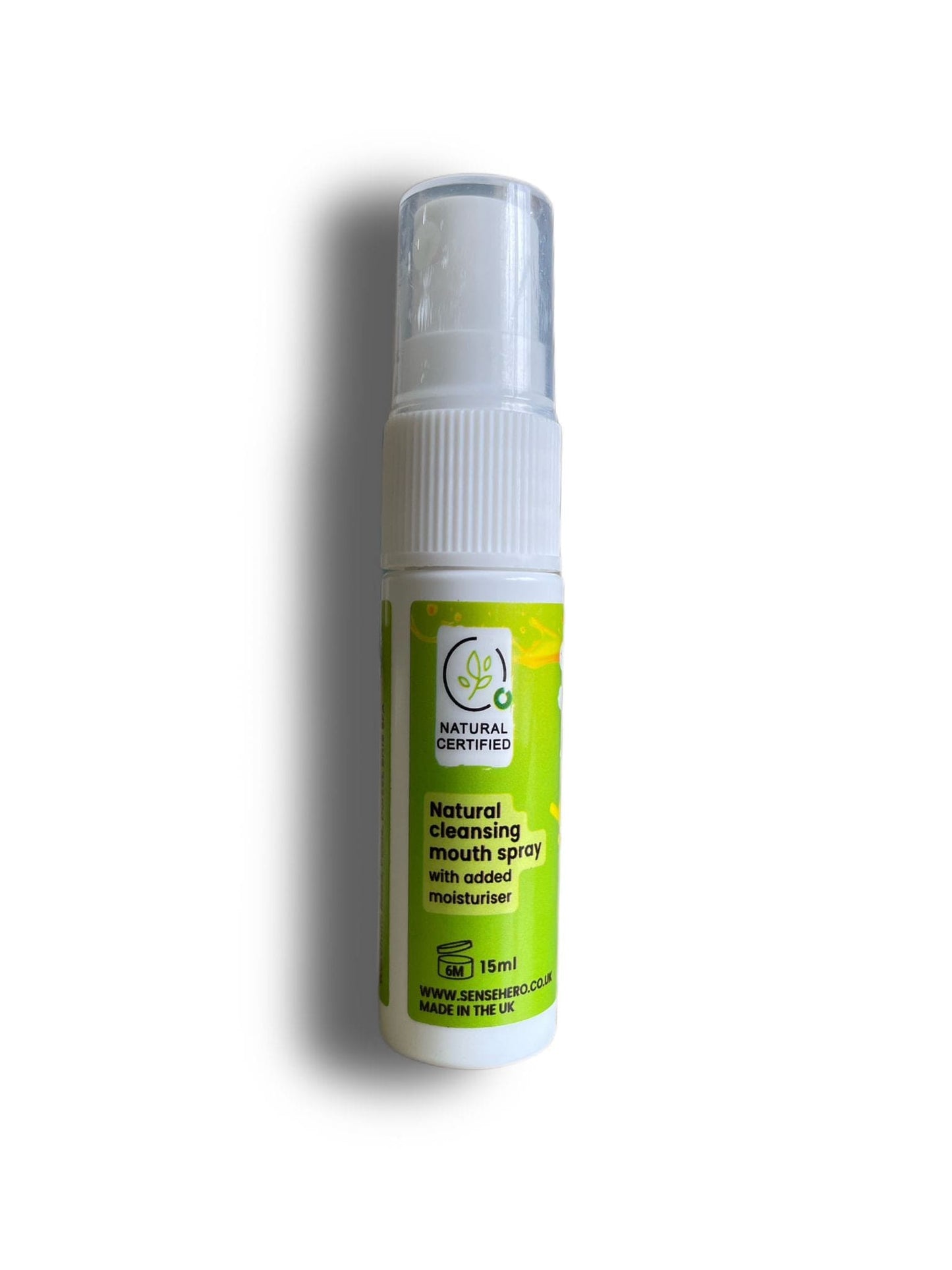Snoring and Dry Mouth

Table of Contents
- Introduction
- Dry Mouth Explained
- The Secrets of Snoring
- The Interplay Between Dry Mouth and Snoring
- Strategies to Combat Dry Mouth
- Strategies to Combat Snoring
Key Takeaways
| Main Points | Summary |
|---|---|
| Introduction | Understanding the link between dry mouth and snoring can improve sleep quality and overall health. |
| Dry Mouth Explained | Saliva plays a crucial role in oral health; decreased saliva leads to dry mouth, causing discomfort. |
| The Secrets of Snoring | Snoring occurs when the airway narrows due to relaxed throat muscles, excess tissue, anatomy, weight, or sleep position. |
| The Interplay Between Dry Mouth and Snoring | Dry mouth and snoring can exacerbate each other, leading to a vicious cycle of sleep disruption. |
| Strategies to Combat Dry Mouth | Hydration, medication review, lifestyle changes, and nasal decongestants can help combat dry mouth. |
| Strategies to Combat Snoring | Weight management, sleep position adjustment, and nasal decongestants can help reduce snoring. |
| Snoring Aids | Nasal strips, specialized pillows, mandibular advancement devices, and CPAP machines can aid in reducing snoring. |
| Simple Tips to Try at Home | Maintain a healthy weight, establish a regular sleep schedule, sleep on your side, elevate your head, stay hydrated, avoid alcohol and sedatives before bed, and practice good sleep hygiene. |
Introduction
Waking up with a parched mouth and a scratchy throat – a common experience for many, especially after a night of snoring. But is there a link between these two sleep disruptors? Absolutely! Dry mouth, medically known as xerostomia, and snoring often go hand-in-hand, and understanding this connection can help improve your sleep quality and overall health.
Dry Mouth Explained
Saliva, the unsung hero of our mouths, plays a vital role in maintaining oral health. It washes away food particles and bacteria, neutralizes acids, and aids in digestion. When saliva production decreases, our mouths dry out, leading to a range of discomforts.

Causes of Dry Mouth
| Causes | Description |
|---|---|
| Medications | Many medications, including antihistamines, antidepressants, and decongestants, can have dry mouth as a side effect. |
| Dehydration | Not drinking enough fluids throughout the day can lead to overall dehydration, manifesting as dry mouth at night. |
| Medical Conditions | Certain medical conditions like diabetes, Sjogren's syndrome, and autoimmune diseases can affect saliva production. |
| Age | As we age, saliva production naturally decreases, making dry mouth more common in older adults. |
| Lifestyle Habits | Smoking, vaping, alcohol consumption, and caffeine intake can contribute to dry mouth. |
| Mouth Breathing | Blocked nasal passages can lead to mouth breathing, drying out the mouth, especially during sleep. |
The Secrets of Snoring
Snoring, the rumbling sound produced during sleep, occurs when the airway becomes narrowed. This can happen due to several factors.
Factors Contributing to Snoring
| Factors | Description |
|---|---|
| Relaxed Throat Muscles | During sleep, throat muscles relax, potentially causing the airway to narrow and vibrate, leading to snoring. |
| Excess Tissue | Larger tonsils, uvula, or tongue may narrow the airway, predisposing individuals to snoring. |
| Anatomy | Facial structure, jaw shape, and neck circumference can contribute to a narrower airway. |
| Weight | Excess weight can deposit fat around the neck and throat, further narrowing the airway. |
| Sleep Position | Sleeping on the back relaxes the tongue, potentially obstructing the airway and causing snoring. |
The Interplay Between Dry Mouth and Snoring
The relationship between dry mouth and snoring can be a vicious circle;
| Dry Mouth and Snoring | Description |
|---|---|
| Snoring and Dry Mouth at night | Snoring leads to mouth breathing, drying out mouth tissues, causing dry mouth. |
| Dry Mouth and Snoring | Dry mouth can worsen snoring by making throat tissues sticky and more prone to vibration. |
Strategies to Combat Dry Mouth
If you're experiencing both dry mouth and throat snoring, there are steps you can take to address both issues and improve your sleep quality.
To combat snoring, consider these strategies:
| Strategies | Description |
|---|---|
| Weight Management | Losing weight can reduce tissue around the airway, improving airflow. |
| Sleep Position | Avoid sleeping on your back. Try sleeping on your side and elevate your head slightly. |
| Nasal Decongestants | Over-the-counter options or allergy medications can help open nasal passages, reducing mouth breathing. (Consult your doctor) |
Snoring Aids
Snoring aids encompass various products and techniques designed to alleviate or reduce snoring, improving sleep quality for both the snorer and their bed partner. These aids include:
- Nasal strips or dilators: These open nasal passages, promoting better airflow through the nose and reducing mouth breathing.
- Specialized pillows or positional therapy devices: These encourage side sleeping, preventing the relaxation of throat muscles and reducing snoring.
- Mandibular advancement devices (MADs) or tongue-retaining devices (TRDs): These keep the airway open during sleep by repositioning the jaw or tongue.
- Continuous positive airway pressure (CPAP) machines: Particularly effective for individuals with obstructive sleep apnea, CPAP machines provide a steady flow of air to keep the airway open.

It's essential to consult with a healthcare professional to determine the most suitable snoring aid based on individual needs and underlying causes of snoring.
Simple Tips to Try at Home:
- Maintain a Healthy Weight: Losing excess weight can reduce fatty tissue around the neck, which may contribute to airway narrowing and snoring.
- Establish a Regular Sleep Schedule: Consistent sleep patterns help regulate your body's internal clock, potentially reducing the likelihood of snoring.
- Sleep on Your Side: Sleeping on your side instead of your back can prevent the tongue from falling back and obstructing the airway, reducing snoring.
- Elevate Your Head: Using extra pillows or an adjustable bed to elevate your head can help keep airways open and decrease snoring.
- Stay Hydrated: Drinking plenty of water throughout the day can help keep nasal passages moist, reducing congestion and snoring.
- Avoid Alcohol and Sedatives Before Bed: These substances relax the muscles in your throat, increasing the likelihood of snoring.
- Practice Good Sleep Hygiene: Create a relaxing bedtime routine, keep your bedroom dark and quiet, and avoid electronic devices before bed to promote better sleep quality and potentially reduce snoring.
Implementing these tips, understanding the connection between dry mouth and snoring, along with consulting a healthcare professional if snoring persists, can help you achieve a quieter and more restful night's sleep - and all the health benefits that go with it. Snoring and waking up with dry mouth at night - is not ideal for anyone wanting a refreshing night's sleep!

Sense Hero
Sense Hero mouth Spray UK: Quick Fix for Dryness, Vapers Tongue and Palate Cleansing
View full details











Sense Hero spray is not a medicinal product and is not intended to diagnose, treat, cure, or prevent any disease. Sense Hero Spray is designed for personal comfort.


